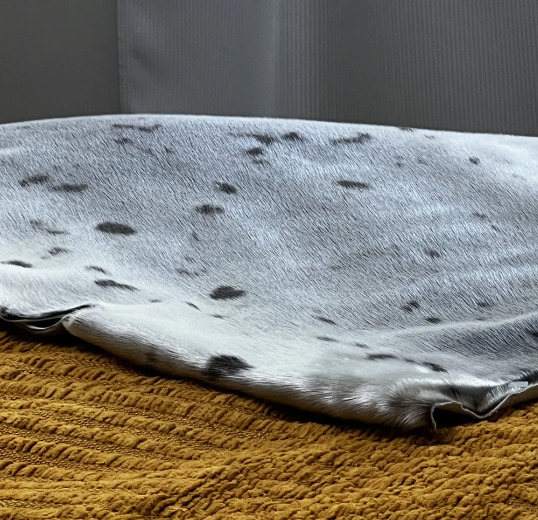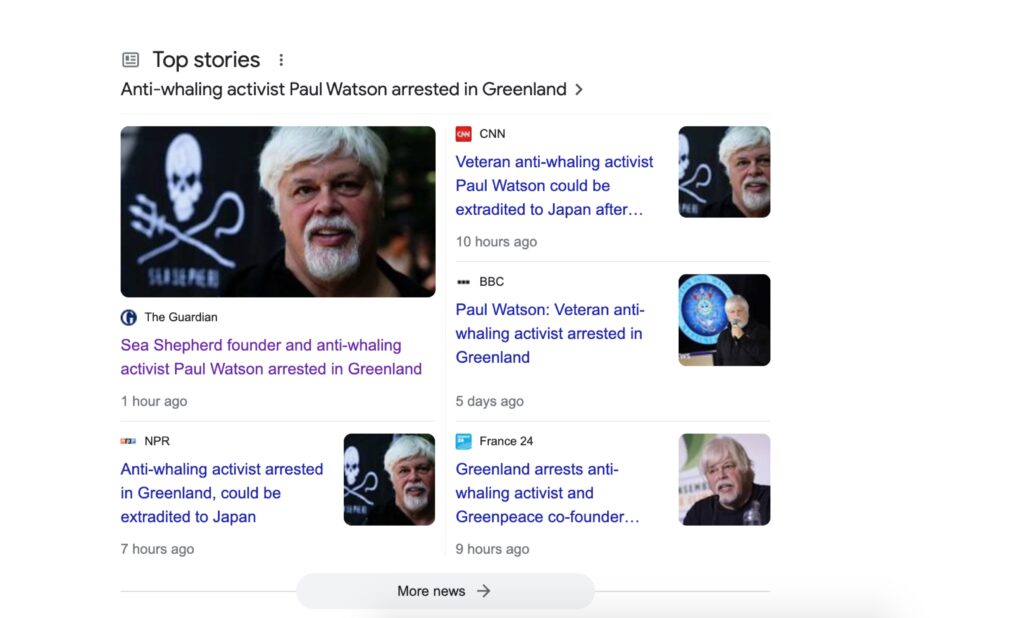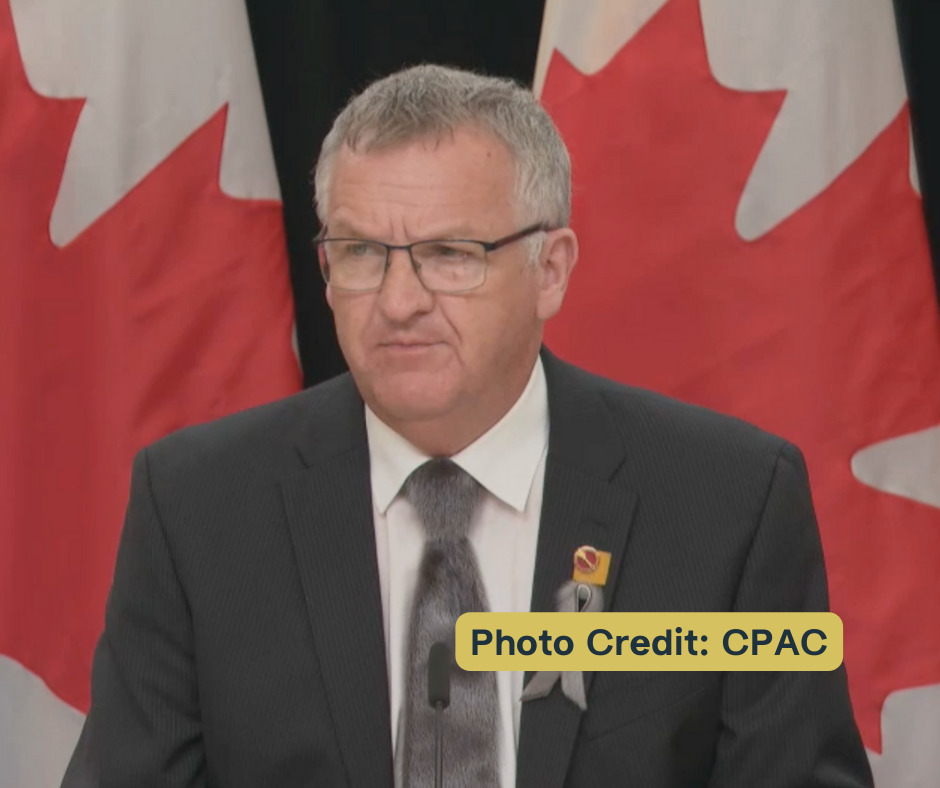The Executive Director of Fur Institute of Canada, Doug Chiasson, engaged in an interview with CBC Listen host Paula Gale. Access the interview through this link.
Paula Gale: There’s an upcoming opportunity to contest the European Union’s ban on Canadian steel products. The European Commission plans to review its trade ban regulation in 2024. Doug Chiasson, who advocated for challenging this ban back in 2014 and 2015, is here. He served as a senior policy adviser to the fisheries minister in a previous attempt to lift the ban. Doug Chiasson is the executive director of the Fur Institute of Canada. Doug, what can we expect next year regarding the EU trade ban on Canadian steel products?
Doug Chiasson: In 2024, the European Commission will conduct a review of the trade and seal products regulation. This presents an opportunity for the sealing industry, affected Indigenous nations, and the Government of Canada to actively participate in the formal European Commission process regarding these regulations.
Paula Gale: And when is this review taking place?
Doug Chiasson: The exact date is yet to be confirmed, but it’s set to happen in 2024. It’s approaching quickly.
Paula Gale: Indeed. So, what steps does Canada need to take to overturn this ban?
Doug Chiasson: The million-dollar question, Paula. It’s clear that the ban, implemented in 2009 and amended in 2015, has exceeded its intended purpose. The exemption for Inuit and Indigenous communities in 2015 hasn’t provided the market access the European Commission initially intended or, at the very least, claimed to intend in 2015.
Paula Gale: You mentioned some member states. Are Sweden, Finland, and others going to assist in overturning the ban?
Doug Chiasson: Currently, four EU member states—Estonia, Latvia, Finland, and Sweden—still hunt seals in their territorial waters. Finland, for instance, expressed its intention to seek an exemption to the ban in their government program earlier this year, citing the need to protect cod and salmon in Finnish waters.
Paula Gale: And this ban doesn’t just affect Canadian seal products within the EU, correct?
Doug Chiasson: That’s correct. The ban encompasses all seal products from anywhere. Even EU states hunting seals within their own waters find it hinders their ability to manage marine resources and maintain hunting traditions.
Paula Gale: A lot has changed since the ’80s when Europe began restricting the trade of seal products. What attitudes or feelings need to change?
Doug Chiasson: We’ve learned the playbook from the other side over the years. Appeals based solely on emotion don’t resonate the same way with newer generations. Market research Indicates that younger generations are more open to seal products, understanding their importance for food security and cultural significance.
Paula Gale: The European Commission will review this next year. Will you be involved?
Doug Chiasson: We absolutely want to be involved and will explore all options to ensure Canada’s sealing communities’ voices are heard in this process. It’s not just about governments exchanging memos; it has real-world impacts on communities and livelihoods.
Paula Gale: One last question. We’ve discussed the exemption for Indigenous hunted seal products. How many seal furs have been sold to the EU since this exemption was created?
Doug Chiasson: Disappointingly, in 2020, Nunavut exported two sealskins to the European Union, and in 2022, the Northwest Territories exported two sealskin coats. So, the exemption hasn’t led to significant changes in recent years.
Paula Gale: Thank you so much for your time, Doug.
Doug Chiasson: Thank you, Paula.



